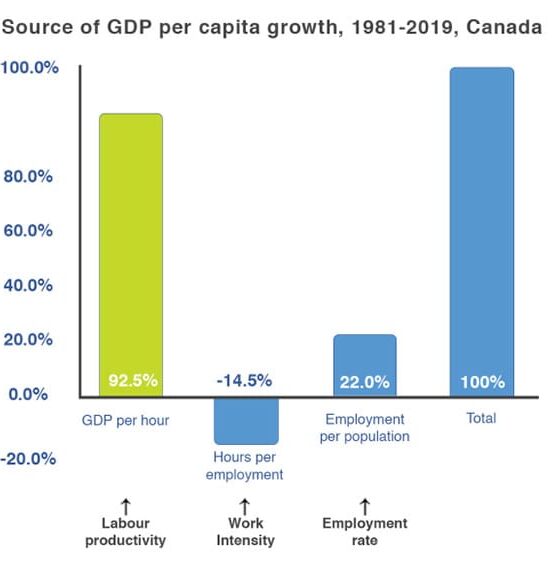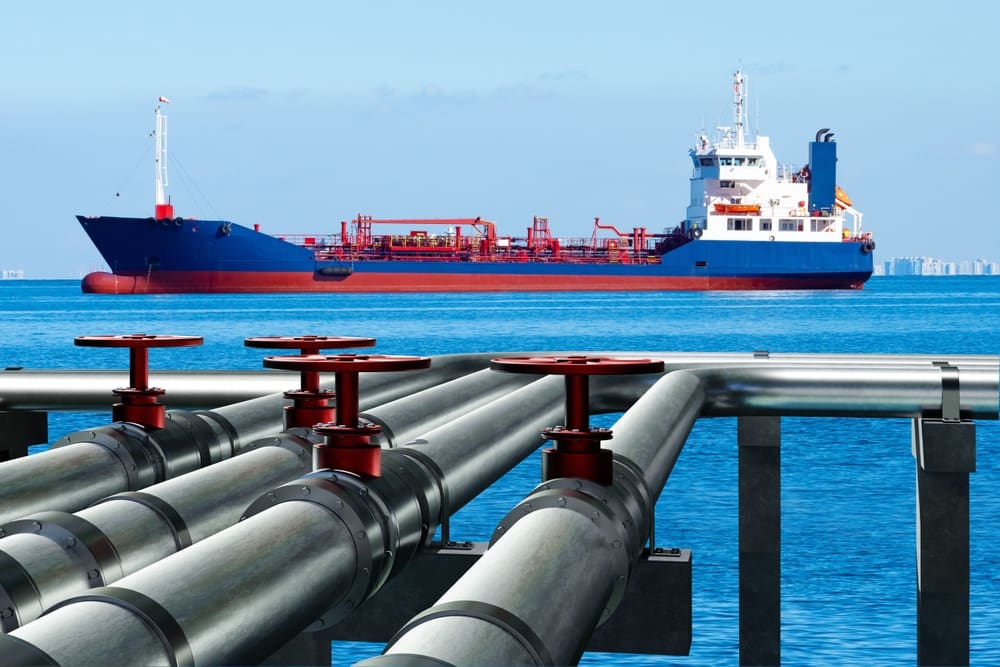In 2012, the Province of BC launched an incentive program under the Clean Energy Act. This program aimed to reduce greenhouse gas (GHG) emissions by incentivizing fuel switching from diesel to compressed natural gas (CNG) or liquefied natural gas (LNG) in a variety of industrial engines, including marine vessels, transit buses and generators. The program was so popular that the incentives offered were rapidly taken up, and a renewal of the incentive program was proposed. The Province required an independent assessment of the economic and social value of renewing the program and engaged Deetken to perform this evaluation.
In undertaking this work, Deetken had to consider a number of questions: What is the likelihood that companies will independently move from diesel engines to cleaner engines such as LNG without additional incentives? What is the Province’s capacity to supply CNG/LNG for incremental incentivized demand? What are the impacts of expected changes in GHG emissions within the Province? Would the renewal of the incentive program be beneficial for utility ratepayers and the residents of the Province?
Our evaluation analyzed multiple demand scenarios with different combinations of incentives. Based on our findings, a strategic plan was developed for the new incentive program that would generate the greatest benefit for the general public. The Province approved this approach and implemented the new guidelines for the incentive program based on our recommendations.



